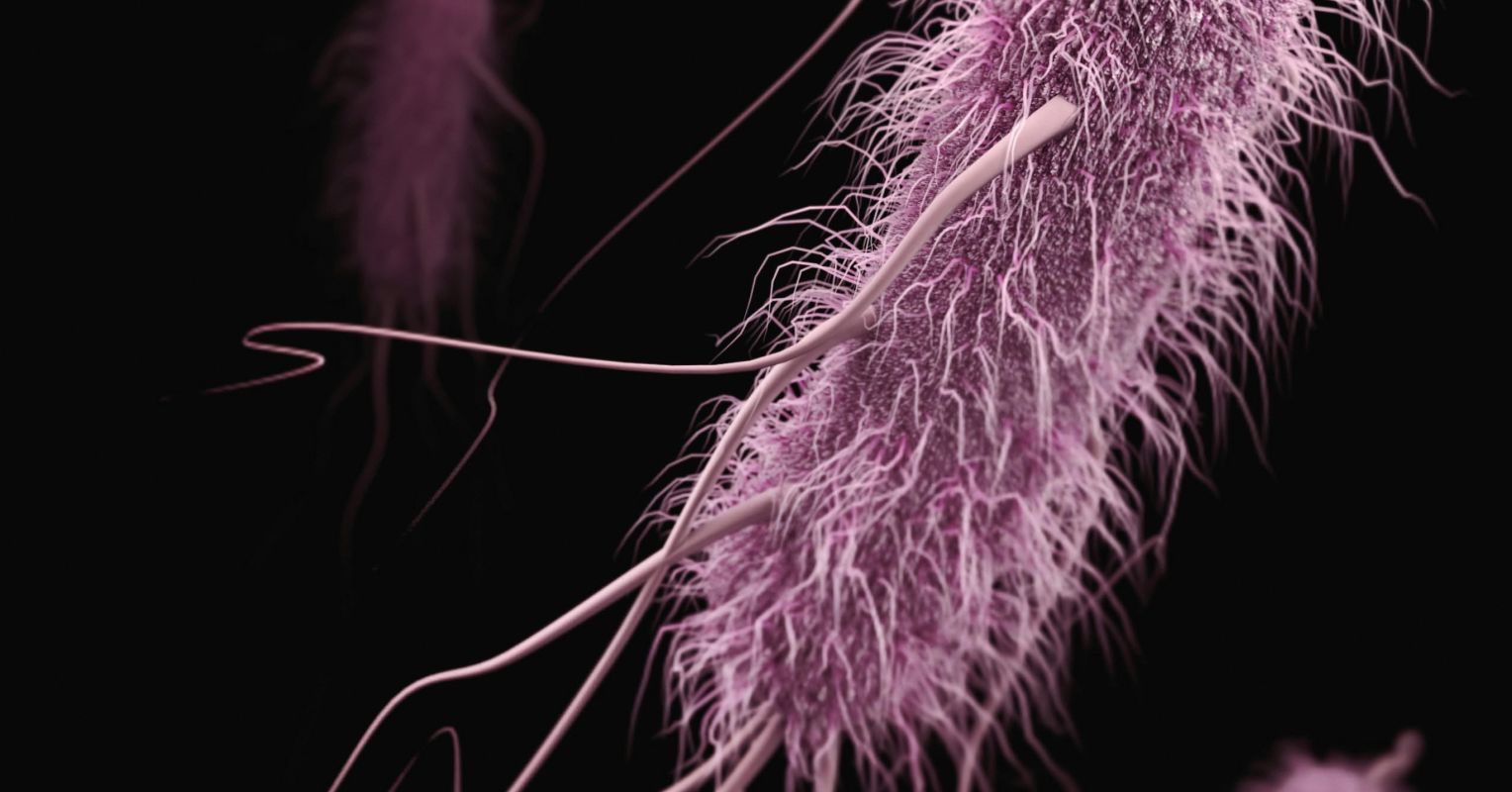
"The researchers found distinct brain subtypes, gut subtypes, and gut-brain subtypes, which might act as potential biomarkers for diagnosing psychiatric disorders in schizophrenia patients."
"Brain subtypes in schizophrenia patients are likely to benefit from structural interventions such as transcranial magnetic stimulation to enhance treatment efficacy."
Schizophrenia is a heterogeneous disorder with diverse symptom presentations. A study identified distinct brain, gut, and gut-brain subtypes, revealing potential biomarkers for diagnosis and treatment. Researchers examined relationships between symptoms, gut bacteria, and cognitive impairments. Brain subtypes may respond well to structural treatments, such as transcranial magnetic stimulation, while findings on gut subtypes suggest potential avenues for alternative therapies. Current drug treatments generally assume uniformity among schizophrenia cases, but these findings highlight the disorder's complexity and the necessity for personalized approaches.
Read at Psychology Today
Unable to calculate read time
Collection
[
|
...
]